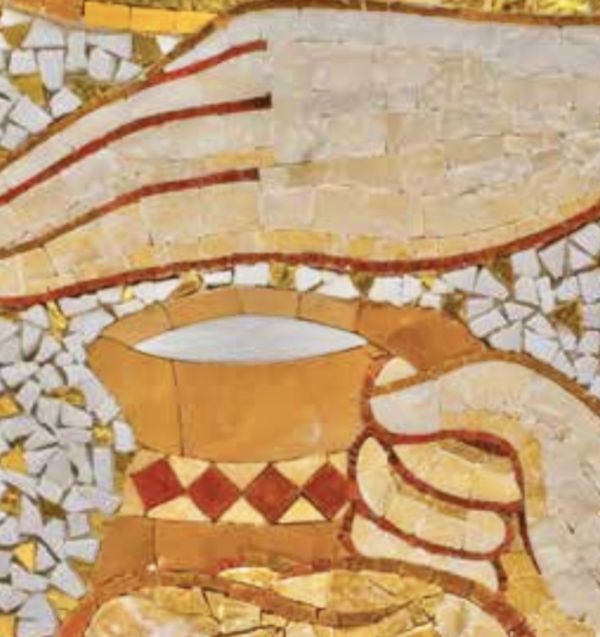Today's Johannine passage emphasises the sentence of the priest Caiaphas addressed to the Jews and pronounced concerning the imminent death of Jesus:
"You understand nothing, nor do you consider that it is fitting for you that one man should die for the people and not the whole nation perish!" (Jn 11:49-50).
Thus alluding to Christ's sacrifice as a ransom for many.
An act of love that the Gospel passage links to the motivation that Jesus himself drew from the beautiful climate of fraternity lived in the hearth of Bethany.
Francis always had Unity at heart and consumed himself for it, considering it precisely the motor and stimulus for the salvation of all humanity, the Church and, in his own small way, the communities of his brothers.
He cherished the spirit of synergy and mutual understanding, precisely because of this: the fragrance and momentum of communion had to come out of it.
For this reason he could not stand detraction, the enemy of concord.
In the Sources, Celano emphasises the shrewdness of the brothers in establishing a pact among themselves to avoid anything that might harm the honour of others. He further adds:
"For what is the detractor if not the gall of men, the ferment of wickedness, the dishonour of the world? What is the double-tongued man if not the scandal of the Order, the poison of the religious cloister, the disintegration of unity?
Alas, the earth abounds with poisonous animals and it is impossible for an honest person to escape the bites of the envious!
They promise rewards to delinquents and destroy innocence, and sometimes give the palm to falsehood.
'Behold, when one cannot live on his own honesty, he gains food and clothing by ravaging the honesty of others' (FF 769).
As his offspring grew, Francis pondered, with concern, how the young plant could be preserved and progress tightly bound in the bond of unity.
"He saw, even then, that many, like wolves, raged against the little flock - old men hardened to evil - driven to harm the new.
He also foresaw that difficulties might arise among the children themselves to the detriment of peace and unity, and he was troubled by the thought that, as often happens among the elect, there would be some who are proud in their carnal mentality, ready to quarrel and easy to scandal" (FF 609).
The defenceless Assisian, in the footsteps of Jesus, was concerned to give all of himself for the cause of the unity dear to Christ, in the Order and in the whole Church.
All in the sense of the Cross lived in the most sacred and personal concealment.
Saturday 5th wk. in Lent (Jn 11:45-56)












